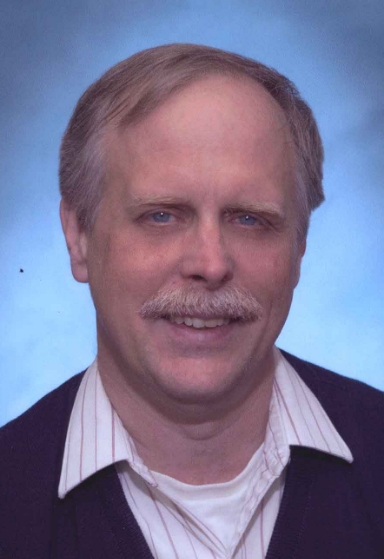By Mike Matejka
for WJBC-AM Forum
The incident in Ferguson, Missouri and the shooting of Michael Brown is one of those cultural divide moments where white and black America look across a chasm at each other from totally different perspectives.
What happened in August in Ferguson will be debated for years. Was officer Darren Wilson truly justified in shooting Michael Brown? Did Michael Brown act inappropriately and threaten Darren Wilson? None of us were there that afternoon and none of us were in the middle of the adrenaline rush that both these young men felt.
Rather than picking Ferguson apart, I would rather consider our reactions to it. The friction between young Latino and African-Americans, especially males, and police, creates a pervasive tension. Parents have to counsel their children on how to respond to police. The African-American community claims they are being disproportionately targeted, profiled and subject to random attack. From that perspective, Ferguson and Michael Brown is just another incident in a long line of police confrontations.
Earlier this fall, there was much comparison to the “Pumpkin Riot” in Keene, New Hampshire, where young whites vandalized cars, started fires and attacked police. The police responded with force and there were arrests, but did those young white people fear that their out of control party would result in deaths? Probably not, but if there were young African-Americans whose party got out of control, would they fear being shot? Very possibly.
Respect is the word that I think a lot about after Ferguson. And respect is a two-way street. Law enforcement deserves respect. Citizens also deserve respect from law enforcement. This is more than police being colorblind; police should also appreciate the strong feelings that African-Americans and Latinos have about feeling targeted.
When we have more young African-Americans in jail than in college, that impacts all of us. Those individuals may never get a decent opportunity in life, branded with a record. As long as we are spending more on prisons than we are on pre-schools and job training, this social tension will haunt us. Yes, individuals have to take responsibility for themselves. But young people growing up in poverty often do not see opportunities that others might think obvious. Or even if they see the choice, they may not know how to get there.
We can argue who was right or wrong last August in Ferguson. The conversation I hope we start having is how do we bring our society together and help create opportunity and openings for all.
Mike Matejka is the Governmental Affairs director for the Great Plains Laborers District Council, covering 11,000 union Laborers in northern Illinois, Iowa, Nebraska and South Dakota. He lives in Bloomington with his wife and daughter and their two dogs. He served on the Bloomington City Council for 18 years, is a past president of the McLean County Historical Society and Vice-President of the Illinois Labor History Society.

